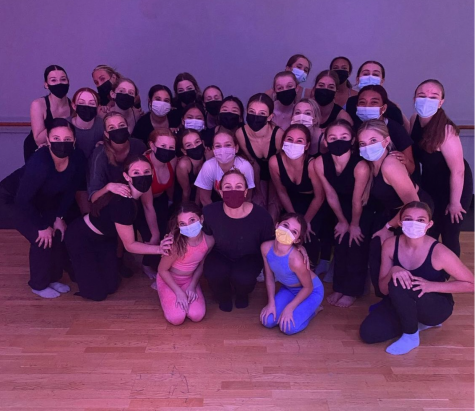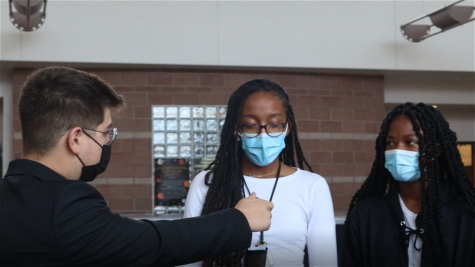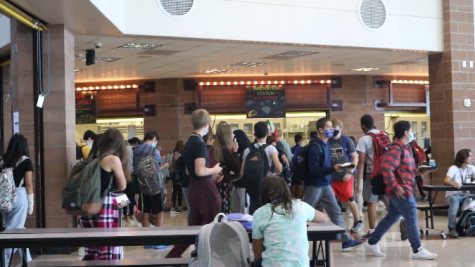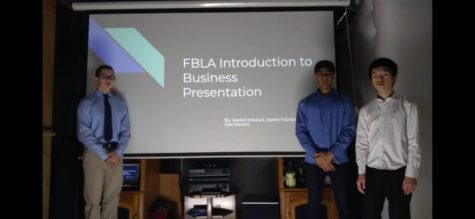AP Exam Preparation
“Yeah, I definitely feel like I’m missing some studying opportunities. I’ll have a test the next day and I have to work the day before and so I’m studying for that thing” said student Kendall Warren (10).
May 24, 2021
Sophomores at Cherokee Trail High School are studying whenever they can for the impending Advanced Placement (AP) end-of-year exams—as with most 16 year-olds, getting the first job is an essential step in life. However, some students discuss the drawbacks of their work, especially the negative impacts of their new positions on their study habits. Nearing the first week of May in the 2020-2021 school year, these impacts are as evident as ever, notably the possible consequences on college credit-determining classes. “I spend anywhere from eight to 20 hours on work… I don’t spend as much time as I should be studying for the AP exam, maybe about three,” said student Luke Christensen (10).
A developing trend for students in the past years has been “cram studying,” which essentially puts work off until the last minute before a test. More often than not, this concept itself has its repercussions. “In the past week or two, I’ve spent maybe 20 or 22 hours [studying], something like that… But a lot of that, again, is like at night when I should be sleeping,” said sophomore Ava Landgraf (10). With students already straining to make up for lost time and prepare for their end-of-year exams, some have other commitments to consider, more specifically, their jobs.
Anxiety stemming from lack of preparation tends to plague students within the latter half of their school year. “They change a lot about the test until a couple of days beforehand. If they could figure their stuff out a little bit in advance, it’d give students more balance. We’re all starting to get jobs and stuff,” said Landgraf (10). Work can take away from a student’s time and energy to study, often leading to kids studying whenever and wherever they can. The time commitment and exertion from work can drain student’s power and take away valuable opportunities. “Yeah, I feel like I’m missing some studying opportunities. I’ll have a test the next day, and I have to work the day before, and so I’m studying for that thing,” said student Kendall Warren (10). Students reach a point where sometimes they have to decide what will take priority, school or work. By May, more often than not, their studies take supremacy in their lives. “Yeah, [work] is still very up there on the list because, like, I mean, it’s important. Work gives me some experience and all that, but I mean, if I stopped doing it today, it wouldn’t make that big of a deal in my life. If I stopped taking harder courses, there’d be much less of a chance of getting into good colleges and scholarship opportunities and stuff like that,” said Landgraf (10).

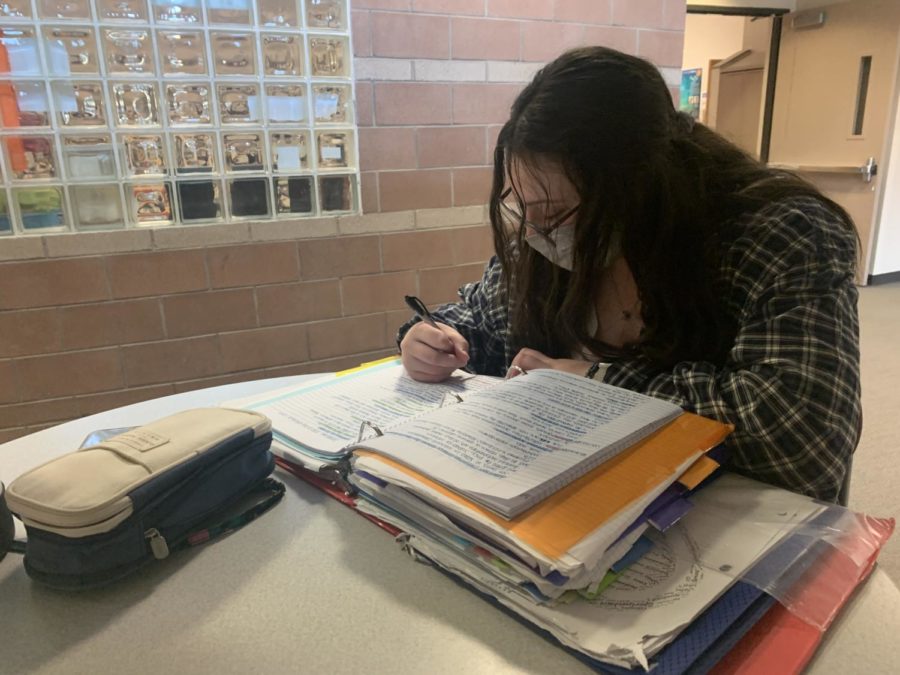

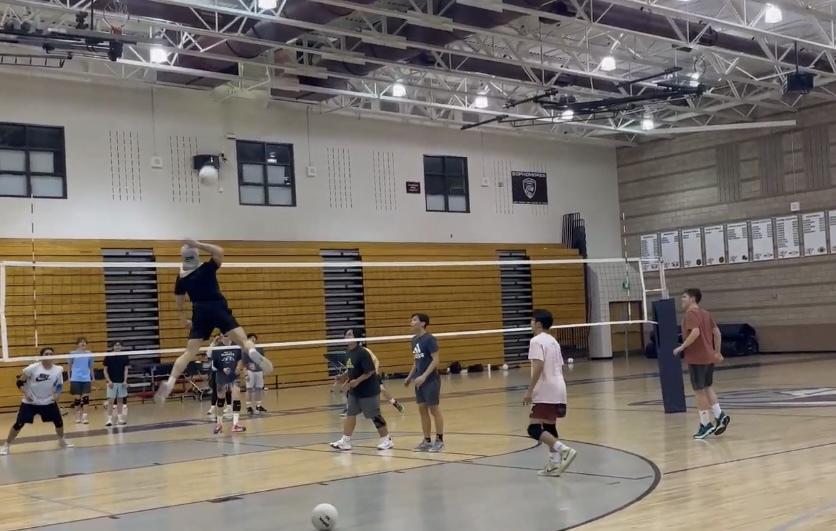


![CTTV Show #3 [12.6.23]](https://cthstoday.org/wp-content/uploads/2023/12/Thumb3_00000-1-600x338.jpg)
